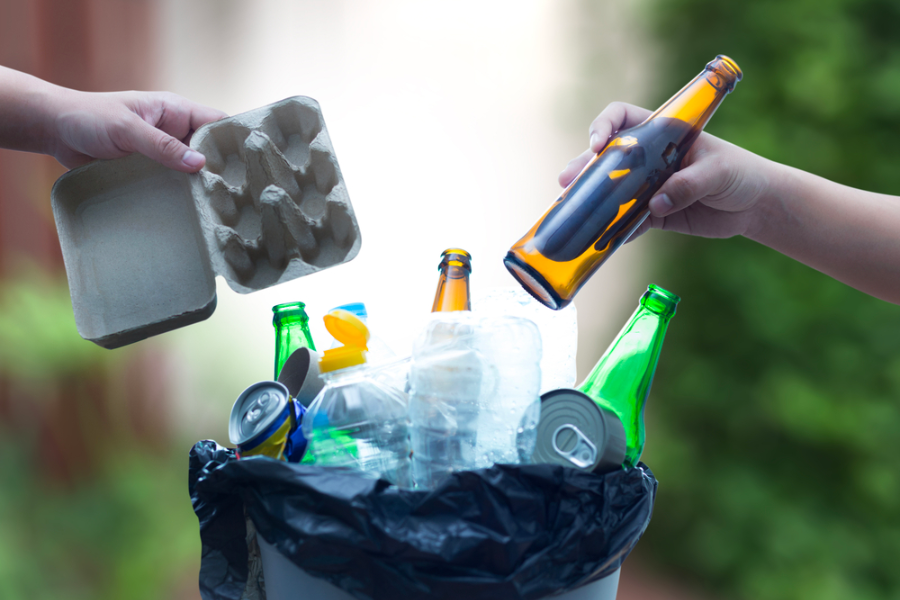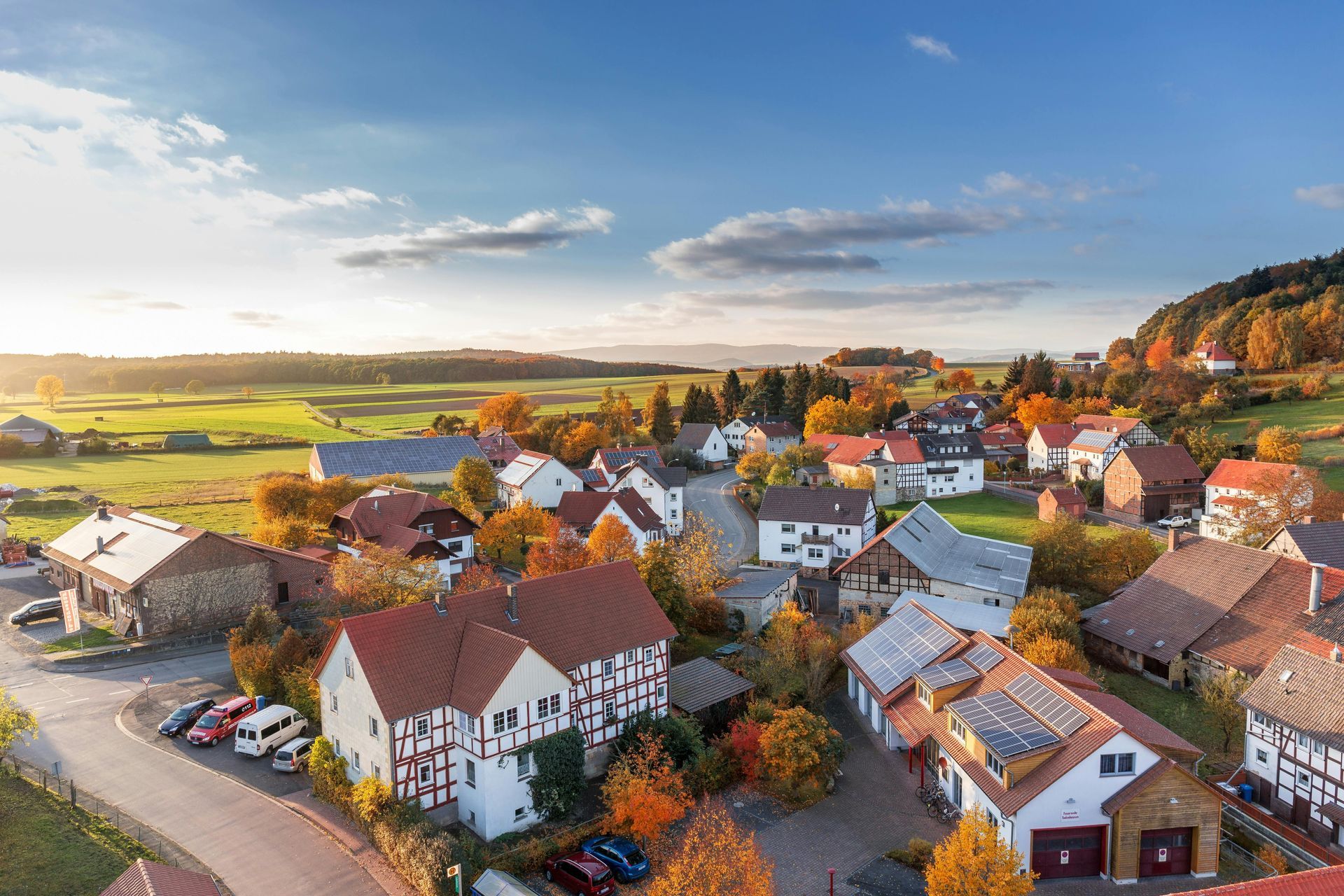Go Green and Gain Green with NexTrex - Film Recycling
March 16, 2021
This guest blog is provided by Dave Heglas, senior director of supply chain excellence for Trex Company.
Got plastic waste? Trex Company would love to put it to good use. Trex manufactures eco-friendly, wood-alternative decking using a proprietary mix of reclaimed polyethylene plastic film and scrap hardwood, and we are looking to help retailers, grocery stores and distribution centers responsibly dispose of their plastic waste through our award-winning recycling initiative known as NexTrex®.
Through the NexTrex program, Trex makes it easy for retailers and distributors to repurpose the plastic waste they accumulate as part of their daily operations. Once enough material is collected, it is sent to nearby distribution centers where it is sorted, condensed and shipped to manufacturing facilities in Virginia and Nevada, to be used in the making of Trex’s world-famous decking and railing products. Adding to the appeal of the program, Trex compensates partners for the plastic waste they contribute.
NexTrex is a prime example of an initiative where everybody wins. Our retail and distribution partners win by providing their customers with an environmentally responsible way to dispose of plastic waste. Trex wins by collecting a key ingredient to make our products. And, ultimately, we all win by keeping tons of single-use and packaging plastic from ending up in landfills.
One of the largest recyclers of plastic in North America, Trex reclaims and repurposes more than 400 million pounds of polyethylene plastic film annually through its NexTrex commercial partnerships and community programs. Among its largest sources are grocery stores and other retailers who partner with Trex to responsibly dispose of plastic shopping bags and polyethylene film used to wrap products and pallets.
In distribution, plastic film plays a huge role in maintaining the quality of goods and ease of transport. Distribution centers have the ability and opportunity to consolidate this material for recycling. In addition to protecting the environment, this also saves on disposal fees and demonstrates social responsibility.
Currently, the NexTrex recycling program engages more than 30,000 stores nationwide and recently reached a monumental milestone – one billion pounds of recyclable material collected through participating retailers. And, we are continually looking to expand participation so that more partners can responsibly dispose of their plastic waste.
To help retailers and distribution centers determine whether the NexTrex program is a fit, here are some tips:
1. Start by calculating the amount of plastic film being generated at the facility/warehouse.
- How many pallets are being unwrapped each day?
-Trex estimates approximately half a pound of film is used per pallet.
- If the facility manages case counts, what are the annual case sales?
-Trex estimates that 10,000 lbs. of stretch film is generated for every one million cases (using 50 cases per pallet).
- Consider any additional volume that could be backhauled from store locations and driver routes.
-This can significantly increase collection and waste diversion, while also potentially reducing disposal fees
2. Collect plastic film for a trial period and weigh it on a scale to project recycling totals.
3. Once an estimate has been determined, contact recycle@trex.com to speak with a Trex field representative and learn more about the NexTrex program.
-Trex offers baler programs, transportation options and promotional materials to help distribution partners optimize their involvement.
By giving recycled plastic film a second life as high-performance, low-maintenance composite decking, Trex provides a viable solution for distributors, retailers and others to the waste management and lifecycle issues related to discarded plastic film. The entire Trex decking portfolio is made from more than 95 percent recycled content, nearly half of which comes from plastic film packaging ranging from product overwrap and package liners to shrink wrap and stretch film used to palletize boxes and equipment.
We are proud to offer a destination and alternate use for our country’s growing supply of plastic waste. Through our NexTrex program, we hope to lead by example and inspire others to become part of the solution.
For more information about the NexTrex program and how to get involved, click here to watch an introductory video and visit Trex.com/Recycling.
Disclaimer: Guest blogs represent the opinion of the writers and may not reflect the policy or position of the Northeast Recycling Council, Inc.
Share Post





